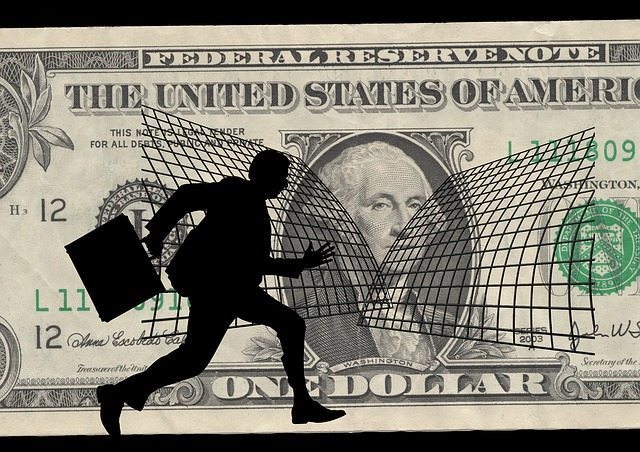With the decision made by congress in December to outsource the IRS collection efforts, it is now even easier for scammers to pose as private tax collectors. These people will call you and instill fear with one simple sentence, “I’m with the IRS.” Folding under this fear is easy, which is what makes it such an easy target for scammers. There are ways to avoid being scammed.
Private debt collectors will never place a phone call to a debtor before sending something in the mail first. If you receive a call from the “IRS” and have yet to recieve mail from them beforehand, you’re talking to a scammer.
If you find yourself on the phone with a debt collector and you’re not sure if you owe any debt, ask these simple questions:
- What is your name?
- What if your callback number?
- What is your identification number?
Through the answers to these three questions, it’ll be easy to weed out the scammers by calling the IRS and giving them that information. The IRS will then be able to tell you if you were talking to a scammer, or a legitimate private collection firm, working on behalf of the IRS.
Another thing to remember is that the IRS will never contact you for financial information through social media, phone, text, or email. If you’re asked to do this, it is strongly advised that you not reply. If you’re on the phone, try to ask the previously mentioned questions to get their information, and once you have it, hang up the phone, and verify their identity with the IRS.
If the person on the other side of the phone line won’t give you that information, hang up anyway, you’ve got a scammer calling you.
